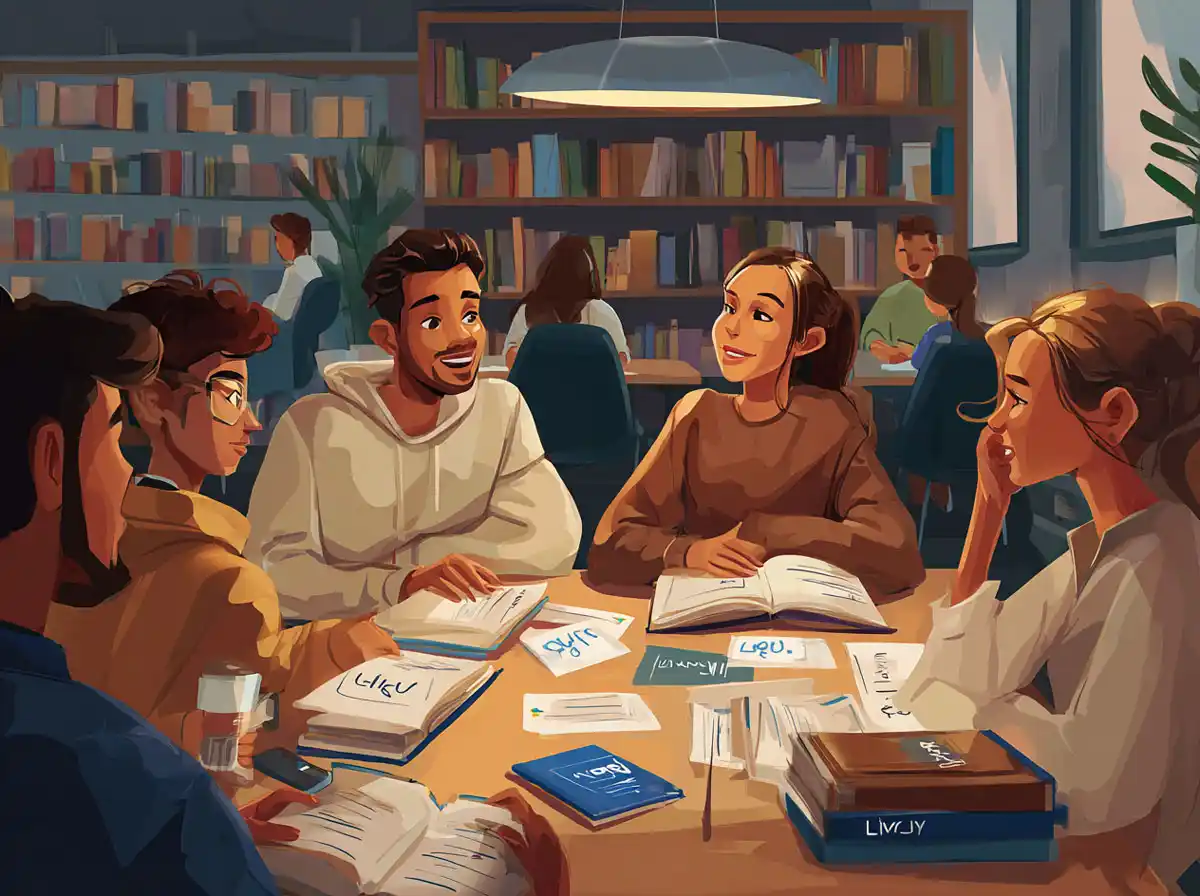Schön
Beautiful or attractive. It is often used to describe people, nature, or art.
Die Blumen hier sind wirklich schön. (The flowers here are really beautiful.)
Alt
Old. This adjective can refer to the age of people, objects, or concepts.
Mein Opa ist schon sehr alt. (My grandpa is very old.)
Klein
Small. This adjective is the opposite of “groß” and can describe the size of an object or person.
Das Haus am Ende der Straße ist sehr klein. (The house at the end of the street is very small.)
Groß
Large or tall. It can describe physical size, stature, or the extent of something.
Ich habe einen großen Bruder. (I have an older brother.)
Jung
Young. It can describe the youth of a person or the newness of an object.
Die Schüler in der ersten Klasse sind noch sehr jung. (The students in the first grade are still very young.)
Neu
New. This adjective often describes recently made or acquired items.
Ich habe mir ein neues Auto gekauft. (I bought a new car.)
Altmodisch
Old-fashioned. It describes something that is from or characteristic of an earlier time.
Meine Mutter trägt oft altmodische Kleider. (My mother often wears old-fashioned dresses.)
Modern
Modern. It refers to something that is current and in style or reflects recent trends.
Die Architektur dieses Gebäudes ist sehr modern. (The architecture of this building is very modern.)
Schnell
Fast. This adjective is used to describe speed.
Das Auto fährt zu schnell für diese Straße. (The car is driving too fast for this road.)
Langsam
Slow. The opposite of “schnell”; it often describes a leisurely pace or lack of speed.
Warum gehst du so langsam? (Why are you walking so slowly?)
Lecker
Delicious. This word is used when talking about the taste of food and drink.
Dein Kuchen schmeckt wirklich lecker. (Your cake tastes really delicious.)
Teuer
Expensive. This adjective is used when something costs a lot of money.
Das Restaurant ist zu teuer für mich. (The restaurant is too expensive for me.)
Billig
Cheap. It is used in the context of low price and sometimes implies lower quality.
Ich kaufe meine Bücher immer im billigsten Geschäft. (I always buy my books in the cheapest store.)
Wütend
Angry. This adjective describes a strong feeling of annoyance or displeasure.
Er war wütend, weil sein Zug Verspätung hatte. (He was angry because his train was delayed.)
Froh
Happy or glad. Another word for expressing happiness is “glücklich.”
Ich bin froh, dass du gekommen bist. (I am happy that you came.)
Each of these descriptive adjectives can not only be used to portray a clearer picture of your thoughts and surroundings, but can also be combined with a variety of nouns to expand your German vocabulary. Remember that adjectives in German need to be declined according to the gender, number, and case of the nouns they describe, which adds a layer of complexity but also precision to the language. Happy learning!










